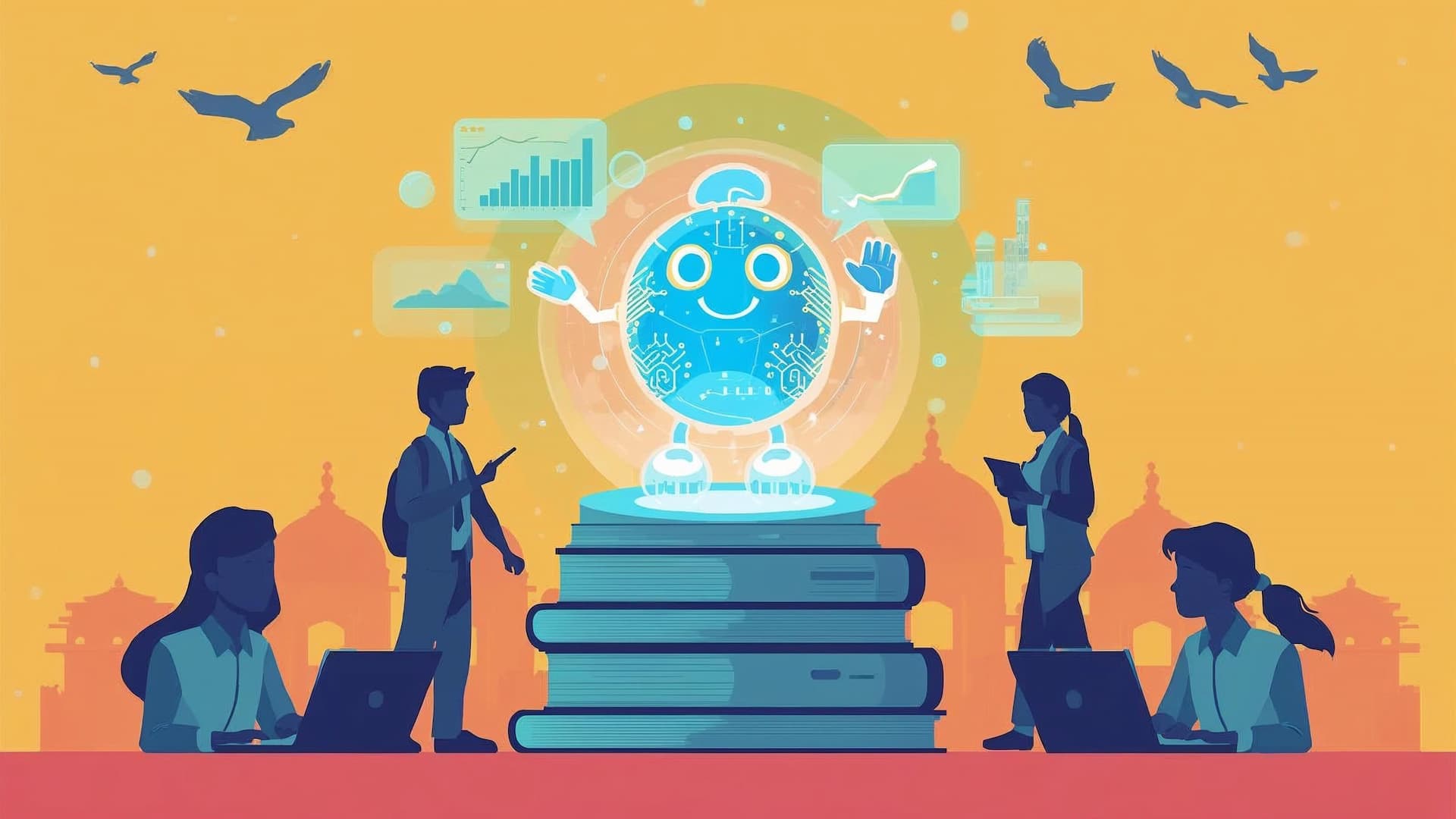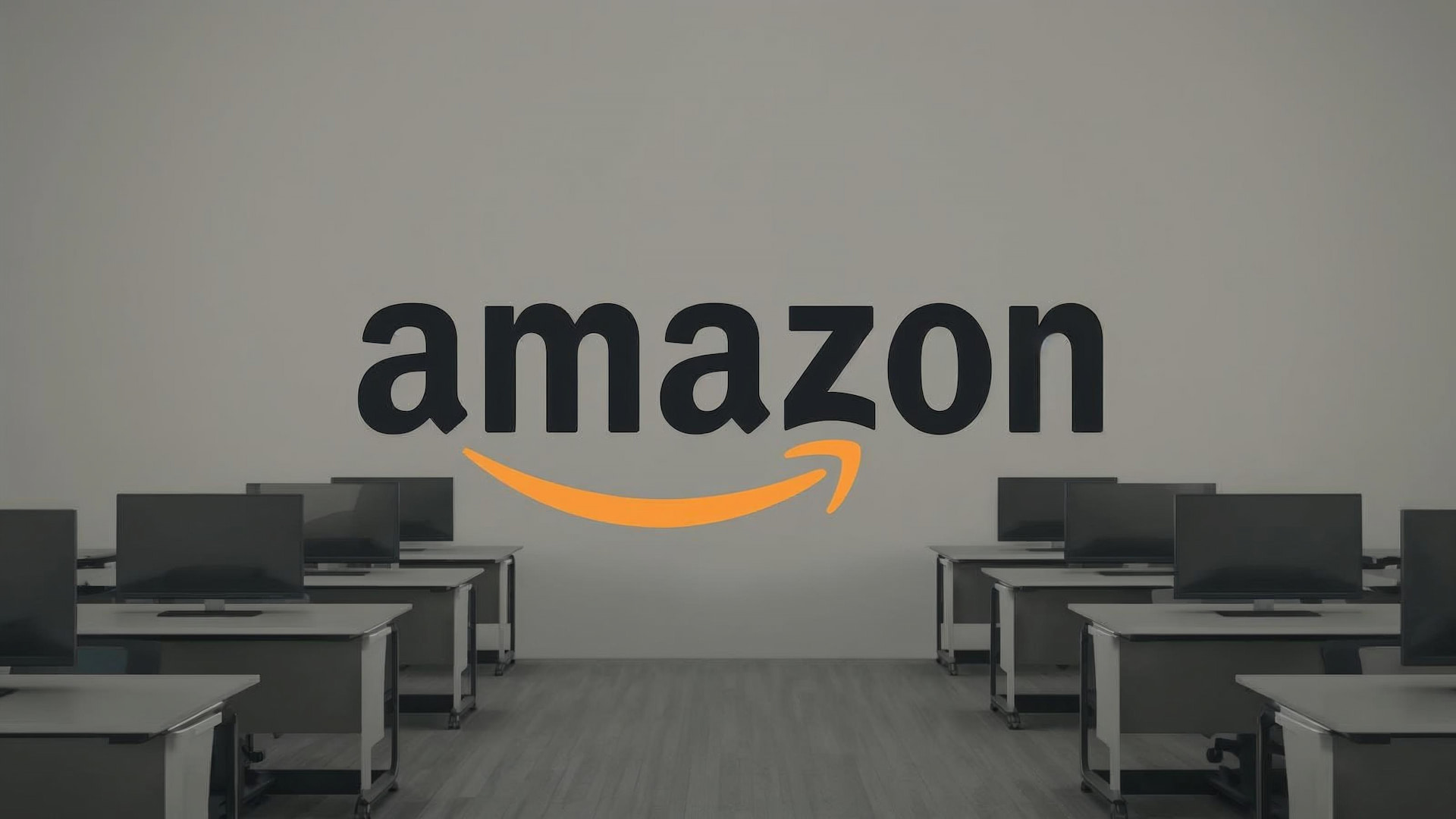The Dutch data protection authority has urged the government to act swiftly to protect the country’s digital sovereignty, warning that dependence on overseas technology firms could expose vital public services to significant risk.
Concern has intensified after DigiD, the national digital identity system, appeared set for acquisition by a US company, raising questions about long-term control of key infrastructure.
The watchdog argues that the Netherlands relies heavily on a small group of non-European cloud and IT providers, and stresses that public bodies lack clear exit strategies if foreign ownership suddenly shifts.
Additionally, the watchdog criticises the government for treating digital autonomy as an academic exercise rather than recognising its immediate implications for communication between the state and citizens.
In a letter to the economy minister, the authority calls for a unified national approach rather than fragmented decisions by individual public bodies.
It proposes sovereignty criteria for all government contracts and suggests termination clauses that enable the state to withdraw immediately if a provider is sold abroad. It also notes the importance of designing public services to allow smooth provider changes when required.
The watchdog urges the government to strengthen European capacity by investing in scalable domestic alternatives, including a Dutch-controlled government cloud. The economy ministry has declined to comment.
Would you like to learn more about AI, tech and digital diplomacy? If so, ask our Diplo chatbot!










